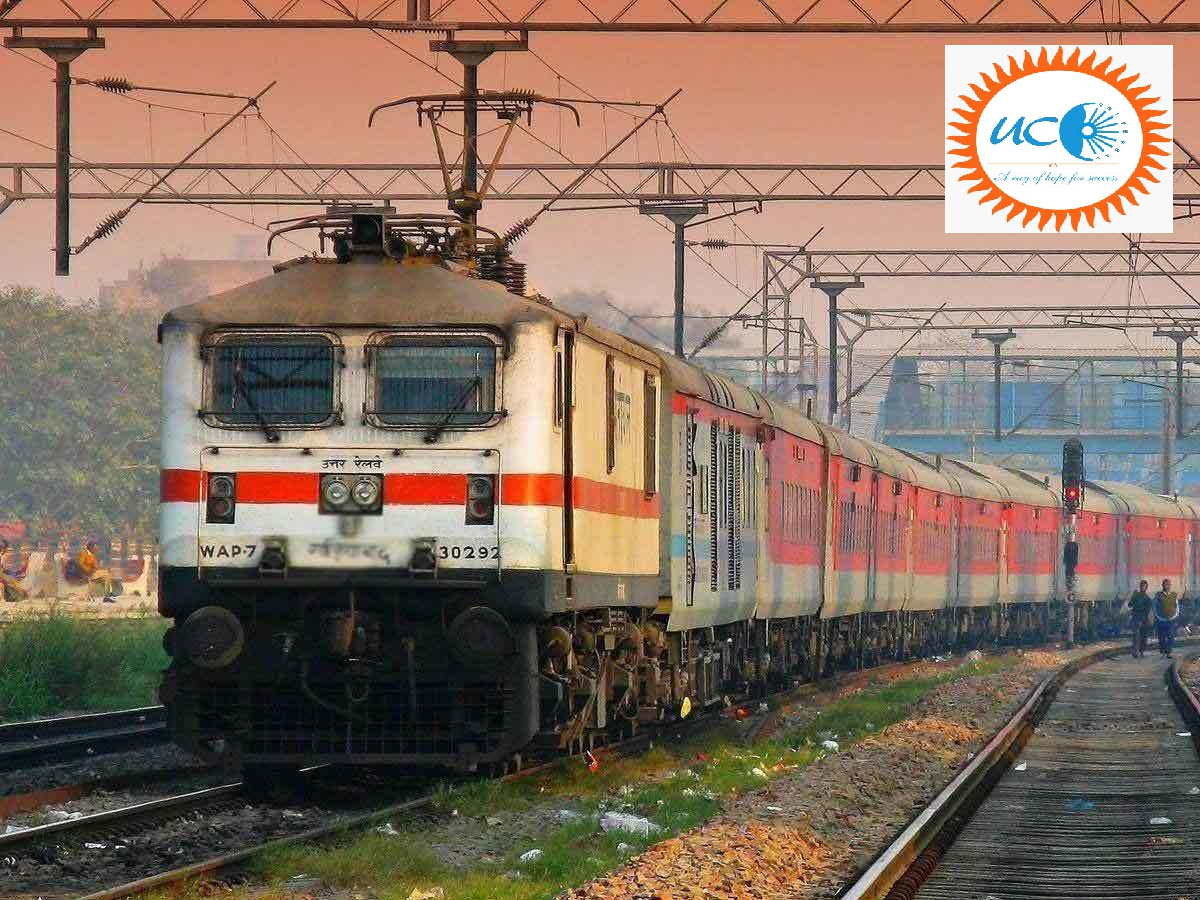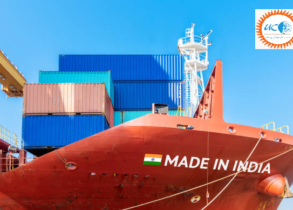Why has Indian Railways been unable to become competitive, fast, and efficient as their counterparts in developed economies? Discuss the need and ways for its holistic overhaul.
Approach:
- Introduce the answer by giving data about the vastness of the Indian railway network.
- In the body of the answer, discuss the reasons associated with poor performance of railways.
- In the second part of the body, discuss the need for overhauling the railways.
- In the last part of the body, suggest measures for overhauling the railways.
- Conclude the answer by emphasizing the importance of railways in India’s socio-economic setup.
Indian Railways is the 4th largest network in the world. It runs about 20,000 trains carrying more than 2.5 crores of passengers and 2.8 million tonnes of freight every day. Despite being one of the oldest railway networks in the world it lags behind its counterparts in developed economies because:
- Overstretched Infrastructure: More than 60% of routes are being more than 100% utilized. In the last 64 years, while freight loading has grown by 1344% and passenger kms by 1642%, the Route kms has grown by only 23%.
- Poor ancillary facilities: Indian railways suffer dearly in ancillary facilities such as: cleanliness, availability of hygienic food/water, ease of booking tickets, passenger lounges etc., diminishing customer experience.
- Cross Subsidisation: Money earned through freight traffic (high levies) gets diverted to meet the shortfalls in passenger revenue (subsidised).
- High operating expenses: Indian railways is one of the largest public sector employers in the country, as a result, huge salary/pension obligations are a drag on its finances.
- Slow speed: Factors like trespassing, poorly designed rakes, and tracks are responsible for abysmally slow speed of trains. E.g., as per a CAG report: 31% trains run at a speed of only 40-50 KMPH.
- Government control: As per experts, monopoly of the public sector has led to Populist prices, inefficient human resource, bureaucratic apathy, and above all rampant corruption.
There is a vital need for reforming the Indian Railways because:
- Railways are the primary and cheapest mode of mass transport in the country. E.g., more than 20 million passengers travel by railway every day.
- Railways in their present form are facing stiff competition from the airways and roadways, calling for a deep overhaul. E.g., air tariffs for many routes have become lower than railway tariffs.
- An efficient and robust railway network can aid in reducing both the logistics cost as well as high number of accidents that happen on clogged/overburdened highways.
- Railways have important strategic value, as in times of wars, disasters etc. E.g., food grain supplies in time of draughts.
- Railways show greater potential for greener mobility of goods and passengers. E.g., as a mass transport system its per capita carbon footprint will tend to be lower.
The Indian Railways can be made to be more efficient and competitive by taking following measures:
- There is a need to allow graded private participation in the Indian Railways. E.g., railways in the USA are operated by both government and private entities.
- On the lines of Bibek Debroy committee’s recommendations, commercial accounting reforms should be introduced to ensure transparency and efficiency.
- Policy support is needed for monetization of railway assets as a source of non-operational revenue.
- Adopting the latest technology should be prioritised. E.g., Anil Kakodkar committee’s recommendation on Advanced Signalling System should be adopted.
- There is a need to bring outside regulator in order to enhance the performance of Indian railways, and devolve the powers from highly centralised railway board.
Indian railways unlike their counterparts in western/developed countries perform important socio- economic function. It provides an affordable means of travel to millions of Indians. Hence, while it is important to ensure its robust growth, it is also important to restraint from diluting its welfare credentials.






